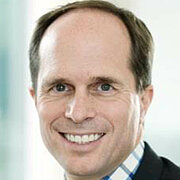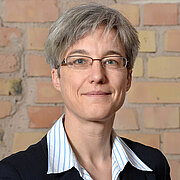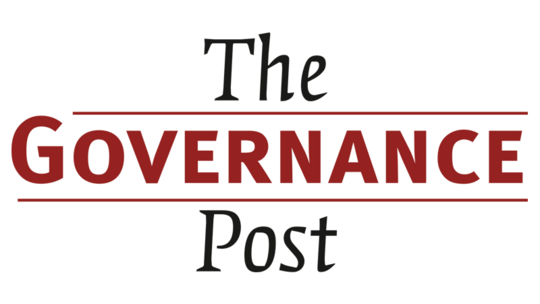As climate change takes a toll on the globe, the banking and finance industry is debating its role in the transformation to a sustainable economy. Both the Paris Agreement on Climate Change and the United Nations’ Sustainable Development Goals point to the fact that innovative financing is necessary to counter the effects of climate change and shift to a low-emission economy. One study shows that $6.9 trillion is needed per year over the next fifteen years for infrastructure alone, to meet sustainability commitments. Join us for a panel discussion, which brings together public and private sector representatives and experts in the fields of green and climate finance to discuss how this gap can be filled. What links are missing in the current financial markets? How can more investment in climate finance in the public and private sectors be triggered?
This event is part of The Governance Post event series, a student-led public event initiative at the Hertie School. The student chairs are Racien Nowak and Jose Imer Campos, both Master of Public Policy candidates.
Panelists

Norbert Gorißen heads the division “International Climate Finance, International Climate Initiative” in the directorate on international cooperation of the Federal Ministry for the Environment, Building, Nature Protection and Nuclear Safety. Until May 2016 he was the EU negotiator on climate finance in the UNFCC negotiations. He manages the budget of the International Climate Initiative which funds projects in the fields of mitigation, adaptation and REDD+ in over 60 developing countries.

Christine Majowski works for the German Development Corporation (Deutsche Gesellschaft für Internationale Zusammenarbeit GIZ) in the Emerging Markets Dialogue on Finance. Her primary responsibility rests with a public-private partnership, a strategic alliance with the Swedish bank SEB on Green Bond Market Development in G20 emerging economies.

Jochen Wermuth is the Founding Partner, Chief Investment Officer and principal of Wermuth Asset Management, a family office and BAFIN-regulated investment adviser. His focus is on value investments with positive real returns over the medium-term and positive environmental impact. He also serves as an investment committee member of the German government’s new “Energy Transition Fund,” which has a long-term sustainable investment mandate.
Moderator

Brigitte Knopf is Secretary General of the Mercator Research Institute on Global Commons and Climate Change (MCC). Her expertise is on the German, European and global energy and climate policy. Her recent work focuses on the implementation of the Paris Agreement. In the context of the German G20 presidency 2017, she coordinated the Think20 Task Force on Climate Policy and Finance.
Faculty Chair

Christian Flachsland is Assistant Professor of Climate and Energy Governance at the Hertie School. His research focuses on climate and energy policy options across different levels of governance. Flachsland is also head of the governance working group at the Mercator Research Institute on Global Commons and Climate Change (MCC).
Student Chairs

Jose Imer Campos is a Master of Public Policy candidate, specialising in climate economics and governance, policy analysis and quantitative methods. He holds a BA in Financial Management from Tecnologico de Monterrey in Mexico and is a recipient of a joint scholarship granted by DAAD (Germany) and CONACYT (Mexico).

Racien Nowak is a Master of Public Policy candidate. She obtained her BSc in Economics & Governance at Wageningen University & Universitat de Barcelona where she specialised in environmental policy. Racien has an ongoing research interest in social change, political communication and the role of sustainable finance for society. She receives a full scholarship from the Green Political Heinrich-Böll foundation in Germany.


